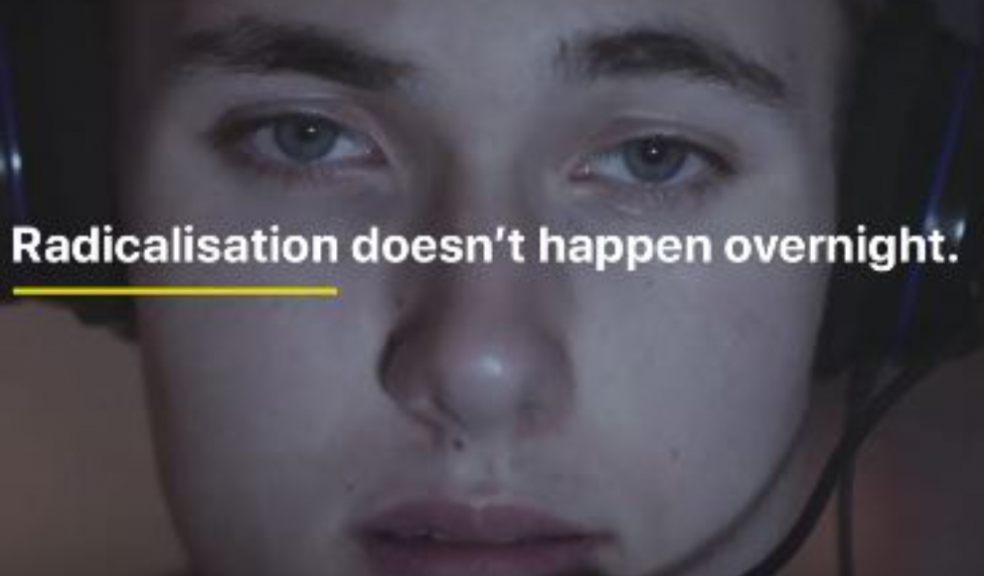
New campaign warns of threat of radicalisation
The Safer Devon Partnership has today launched a campaign featuring a hard-hitting film, warning people of the threat of radicalisation.
Through its campaign the Partnership, which provides leadership for community safety work carried out across the county, is seeking to raise awareness about the risks of radicalisation, and in particular the role the internet (through social media, online gaming etc) often plays in that process.
Radicalisation is the process by which a person comes to support terrorism and extremist ideologies associated with terrorist groups. People can be radicalised in many ways, either through the internet or social media, by family members or friends, or direct contact with extremist groups.
Those who wish to radicalise, encourage individuals (and sometimes groups) to develop support for extremist ideas; these may be political, religious or other causes. This is often referred to as ‘grooming’.
While anyone can be susceptible to radicalisation, vulnerable children and adults are at greater risk. An individual may be more vulnerable if they are socially isolated, or have experienced discrimination, bullying or harassment or if they have a particular grievance against a person, group or cause.
A person with an autism spectrum condition, learning disability or mental health difficulty is also at greater risk of being radicalised, as are people experiencing hardship or emotional distress.
Chief Superintendent Sam de Reya, of Devon and Cornwall Police who Chairs the Safer Devon Partnership, said: “Radicalisation and extremism pose an ongoing threat and we need to respond to that, which is why this is a priority for the Partnership. In order to reduce the risks to people and communities in Devon we want people to be aware of the dangers that exist and the signs that might indicate that someone has been unfortunate enough to be targeted and drawn into extremism. Extremist messages can appeal to and offer a sense of purpose and identity to individuals experiencing challenges in their lives, so we need to ensure that people can be protected.”
Alison Hernandez, Police and Crime Commissioner for Devon, Cornwall and the Isles of Scilly, said: “People in Devon can play an important role by reporting their concerns, as early detection, referral and intervention can ensure the person at the centre of any concerns receives the support they need to keep them and others safe.”
Councillor Roger Croad, Devon County Council Cabinet Member with responsibility for communities, said: "A vital part of keeping people safe from radicalisation is protecting them from those who may try to exploit them, and help and support is available from a number of organisations to safeguard vulnerable individuals."
Radicalisation can happen over anything from a few days to several years. The Partnership is therefore keen to highlight, through the campaign, the signs to look out for that might indicate someone is at risk of or being radicalised.
These include someone:
- becoming more secretive, especially around internet use
- spending increasing amounts of time communicating with friends they have met online
- becoming isolated from family and friends
- developing a fixation on a particular subject
- expressing intolerance or hatred of other people or communities
- changing appearance to reflect association with a group or cause
- expressing thoughts about harming or using violence towards others
More information can be found at www.saferdevon.co.uk/preventing-radicalisation
If you are concerned that someone you know is being radicalised, please email prevent@devonandcornwall.pnn.police.uk or call the local Policing team responsible for reviewing concerns raised on 01392 225130.
You can report suspicious activity or behaviour in strictest confidence by calling the Anti-Terror Hotline on 0800 789 321 or Crime Stoppers on 0800 555 111.
If you feel there is an immediate threat to life, call 999.


















